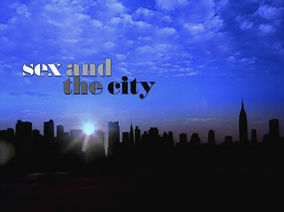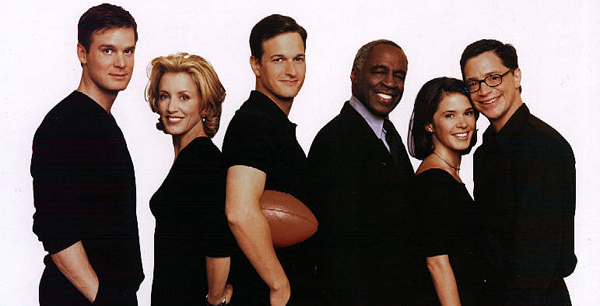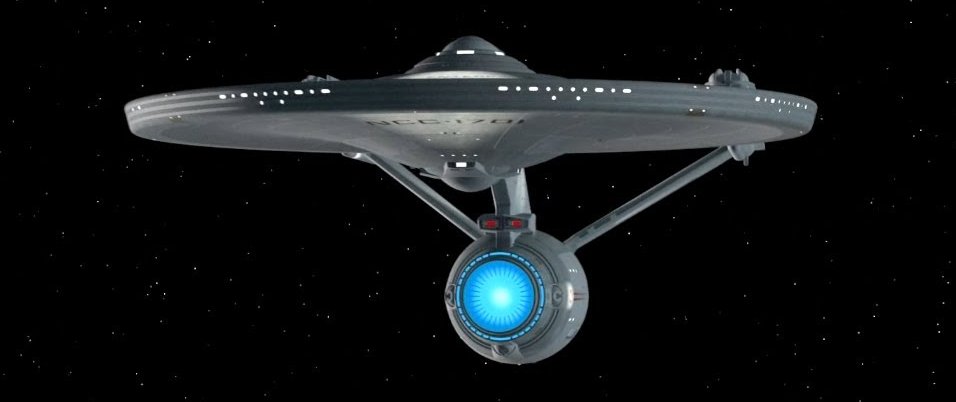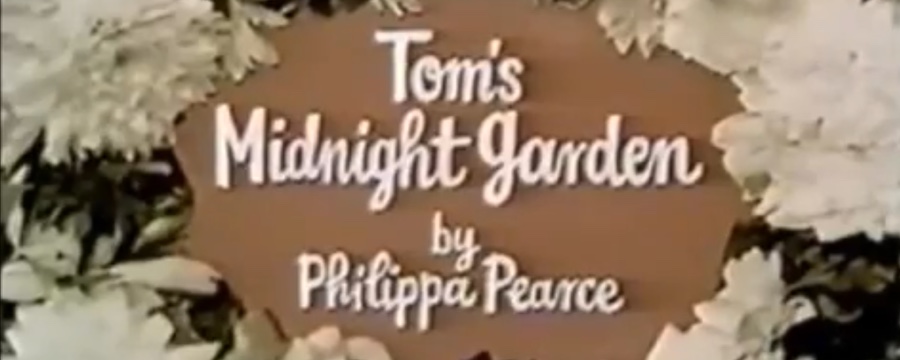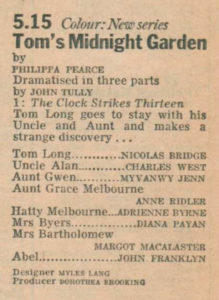I’ve been working with two writers recently and something came up with both of them. One has a character in her script who was meant to be a small part but is steadily becoming more important with each draft. And the other has just swapped two characters around in her novel.
They’re both right, I think they’ve found what their pieces needed, but I’m so interested in how changing a role can be liberating.
I like to imagine that all characters are created equal: that, sure, we’re only seeing someone when they’re delivering a parcel but actually they have a whole life too.
But they aren’t.
This is too crude a sketch of what’s happened but the novelist, for instance, is finding that she can do more with a character now that he’s not the romantic lead. She can do more with him and it’s like he can do more too: he’s got licence to be more lively, to actually be more interesting.
And equally, the other character is now more constrained.
It was ever thus. I think stories are more nuanced now, I think drama is richer, but the lead carries responsibilities because he or she is carrying the whole story.
Previously leading characters, the heroes of pieces, had to be stand-up heroes with square jaws – whether they were men or women – and to always do the right thing. No question, this is where the notion that actors prefer playing the baddie comes from because who wouldn’t?
We don’t need pure heroism any more and we don’t need perfect heroes.
But still, when the story is about you, then you are the story and like it or not, there’s going to be a beginning, a middle and an end. Whatever you do is ultimately driving the story forward and that’s why we still have this constraint on the major characters.
The minor ones can go cause havoc if they like, they ultimately don’t influence the story very much.
They can have fun, the writer can have fun, the audience or readers can have all this too, so everybody wins and it costs us nothing.
Except there are people who don’t see this difference. Audiences often don’t and I see no reason they should: I see much more reason that they should be enjoying the tale instead of analysing the character structure.
So when the audience talks a lot about how brilliant a certain side character is and how they deserve their own show, I just think the current show did a good job.
It’s when commissioners think it too that I’m more concerned. My go-to example for this will probably always be Ballykissangel. It was a hugely successful BBC drama with probably dozen lovable characters but really just two central ones. Who then left.
The show ended when they left, except it didn’t. I don’t remember how much longer it went on afterwards but really it was over because these other characters couldn’t carry it. They weren’t leads, they were sidekicks and it showed.
Minor characters are minor characters, they will never be major ones and I am a writing god for deigning to explain this to you when naturally you’d never have thought it without me.
Except I can see you there, thinking about characters like Frasier Crane, Lou Grant and Sergeant Lewis.
These three were supporting characters of various importance in their original shows – Cheers, The Mary Tyler Moore Show and Inspector Morse – who went on to have their own gigantically successful series.
Only, I offer that they didn’t.
I suggest that what really happened is that the character name went on to a new show and that’s pretty much all.
For the Frasier who headlined 11 seasons of his own sitcom is not the same Frasier who propped up the bar at Cheers. Sergeant Lewis is a new and richer character in his own show, even if I still can’t remember the character’s first name and I even met the actor once.
It’s not that these characters were so good as minor ones that they deserved their own shows. It is definitely the case that they were popular enough that studios knew people who at least give them a chance.
What’s really the case is that the writers conned us brilliantly. They managed the change, they managed substituting a leading character for a minor one and we bought it.
I think the actors were key: I don’t understand acting but I see that it takes certain talent and skills to shoulder a whole show instead of solely being the comic turn every other week.
I’ve always thought that this was a kind of applied writing, that the writers knew they needed to make minor characters into major ones and so set about doing it. But talking with these two writers this week, I think there’s also an element of characters moving where they want to. I mean the characters want to move, not that the writer necessarily plans it.
I also like to think that the writer is in control but there are times when it feels like we’re just scribbling down what our characters tell us.
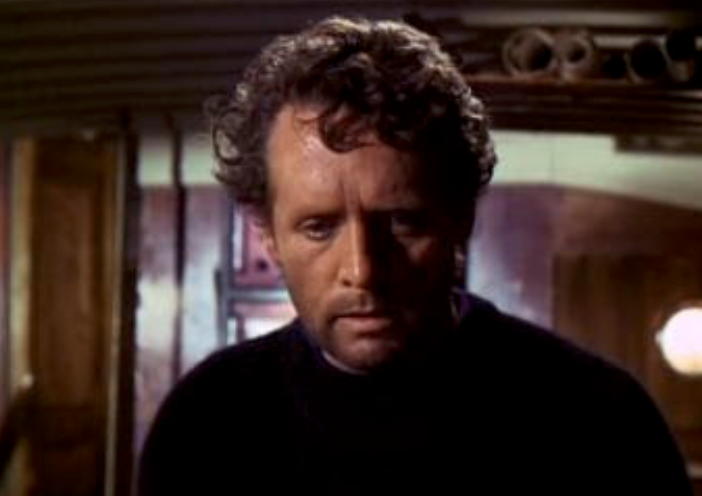
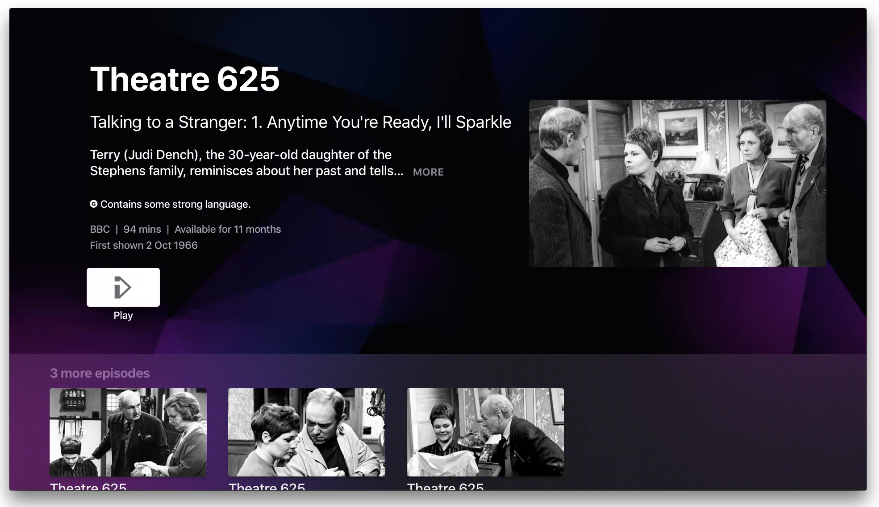
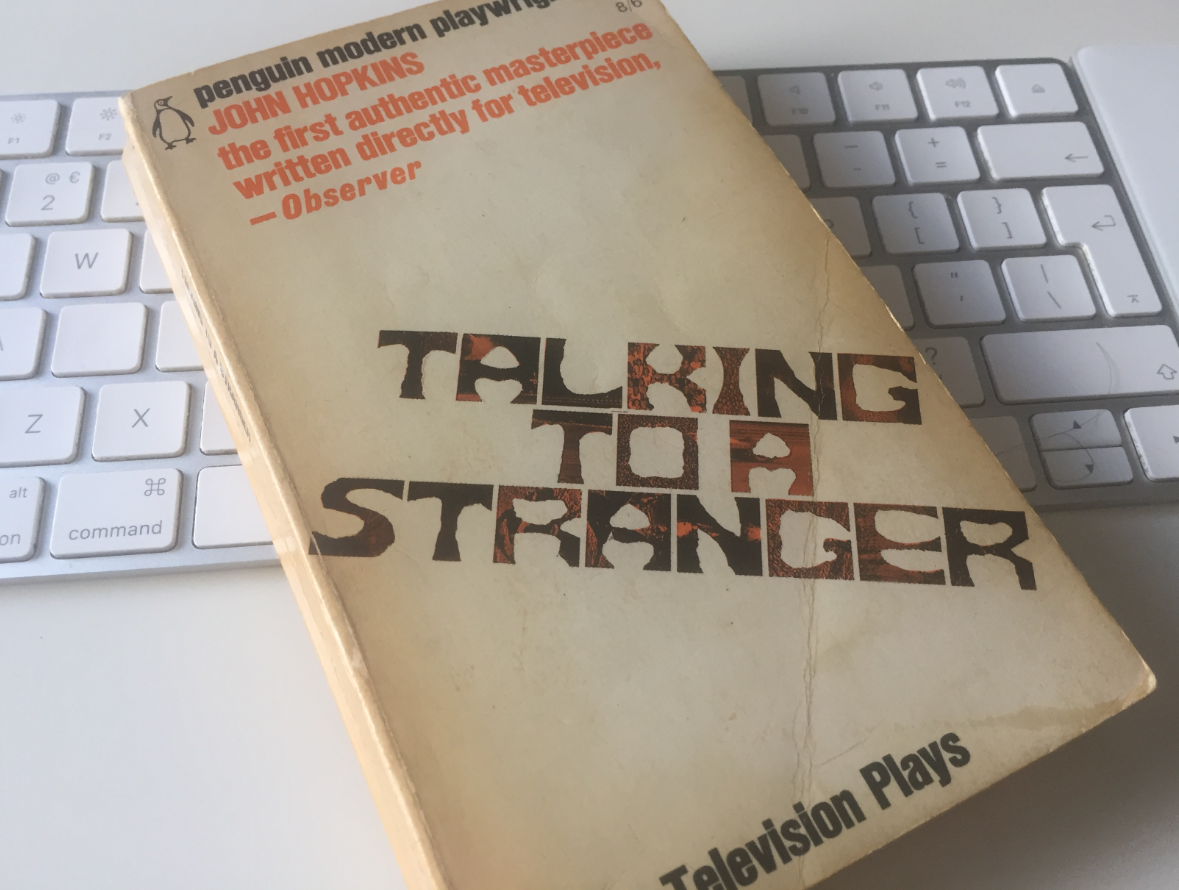

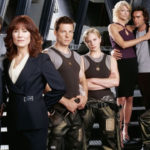 Then for some other reason I never knew, Sky delayed airing the movie. So those disks lay there on a desk for a week or more until one night when I was coming home to Birmingham by coach and had nothing to watch. You’re thinking I took those disks and loved them, but you’d be wrong.
Then for some other reason I never knew, Sky delayed airing the movie. So those disks lay there on a desk for a week or more until one night when I was coming home to Birmingham by coach and had nothing to watch. You’re thinking I took those disks and loved them, but you’d be wrong. There’s a story that the first scene of Queer as Folk was coming across as a bit serious, that its tone was setting up the show to not feel the way it should. So an extra scene was written, shot and inserted at the start of the episode. It’s Craig Kelly as Vince talking to camera about one night out on Manchester’s gay scene and concludes with a description of a man who “has every episode of Juliet Bravo on tape”.
There’s a story that the first scene of Queer as Folk was coming across as a bit serious, that its tone was setting up the show to not feel the way it should. So an extra scene was written, shot and inserted at the start of the episode. It’s Craig Kelly as Vince talking to camera about one night out on Manchester’s gay scene and concludes with a description of a man who “has every episode of Juliet Bravo on tape”.